Americas First Ladies
Their Uncommon Wisdom, from
Martha Washington to Laura Bush
Edited by
Bill Adler

First Taylor Trade Publishing edition 2002
This Taylor Trade Publishing paperback edition of Americas First Ladies is an original publication. It is published by arrangement with the author.
Copyright 2002 by Bill Adler
First paperback edition 2006
Designed by David Timmons
All rights reserved. No part of this book may be reproduced in any form or by any electronic or mechanical means, including information storage and retrieval systems, without written permission from the publisher, except by a reviewer who may quote passages in a review.
Published by Taylor Trade Publishing
An imprint of The Rowman & Littlefield Publishing Group, Inc.
4501 Forbes Boulevard, Suite 200, Lanham, Maryland 20706
Distributed by NATIONAL BOOK NETWORK
The hardback edition of this book was previously cataloged by the Library of Congress.
Library of Congress Cataloging-in-Publication Data
Adler, Bill, 1929
Americas First Ladies: their uncommon wisdom, from Martha Washington to Laura Bush / Bill Adler.
p. cm.
Includes index.
1. Presidents spousesUnited StatesQuotations. 2. Presidents spousesUnited StatesBiography. I. Title.
E176.2 .A33 2002
ISBN-13: 978-0-87833-273-1 (cloth : alk. paper)
ISBN-10: 0-87833-273-1 (cloth : alk. paper)
ISBN-13: 978-1-58979-299-9 (pbk : alk. paper)
ISBN-10: 1-58979-299-8 (pbk : alk. paper)
 The paper used in this publication meets the minimum requirements of American National Standard for Information SciencesPermanence of Paper for Printed Library Materials, ANSI/NISO Z39.48-1992.
The paper used in this publication meets the minimum requirements of American National Standard for Information SciencesPermanence of Paper for Printed Library Materials, ANSI/NISO Z39.48-1992.
Manufactured in the United States of America.
Each First Lady is given a magic wand, but
nobody tells her how to use it. Each woman has to
figure that out for herself.
From Betty Boyd Carolis
Americas First Ladies
CONTENTS
PREFACE
From the very day we became a nation, Americans have been captivated, enraged, frustrated, and inspired by our First Ladieslong before that title even existed. By 1865 and the end of the Civil War, the wives of U.S. Presidents were highly public figures, in part because of improved magazine distribution across the land. These periodicals carried storiesand sometimes even picturesof our own royal family, and that familys every word, action, and whim was recounted.
It wasnt until the 1880s, however, that the expression First Lady came into being. Thus, Lucy Hayes was technically the first First Lady. But even then, the term wasnt part of the national parlance. It took an act of theater to achieve that. A very popular play by Charles Nirdlinger, more or less about Dolley Madisons days as a landlady, bore the title First Lady. From then on, so did the Presidents wives.
Ironically, Jacqueline Kennedy, among the two or three most beloved First Ladies of all time, if not the most beloved, never liked the title First Lady. It always reminded me of a saddle horse, she said, and she forbade her staff to address her as such. But too many people had used the expression for too long, and Mrs. Kennedy finally had to give in.
Whatever the moniker, the women you are about to meet run quite a remarkable gamut of intelligence, wit, and courage. Both ends of the spectrum are represented, and everything in between as well.
Other writers of books about First Ladies encountered the same problem that we did. In the Smithsonian Book of the First Ladies: Their Lives, Times, and Issues, the authors offered the best explanation for this particular problem: In reading about the first ladies, we discover that very little is known about some of them. It is not unusual for there to be no written records of a womans life prior to the late nineteenth century. Several factors have made women much less visible than men in our nations history. For most of this nations past, history was defined as the lives and deeds of great men whose activities took place in the world of military, economic, or public life. Presidents, politicians, and generals; wars, battles, or major economic changes were what historians (mostly men) wrote about. The details of womens livestheir homes and families, their work in helping their husbands succeed in farming, business, or a careeroften were not kept or considered important enough to record.
In fact, some of the First Ladiesespecially before women were allowed to votewere timid and quiet, to say the least. Apparently some of them didnt write letters, or if they did, they were perfunctory. Others, like Bess Truman, destroyed their own and their husbands letters. Thus, there are some First Ladies for whom only a few good quotes could be found. Indeed, there are several for whom nothing at all of interest has survived. For example, in one case, only a shopping list remains.
A tremendous amount of attention has been lavished on First Ladies Eleanor Roosevelt, Jacqueline Kennedy, and Nancy Reagan. As a result, the trove of their quotations herein is especially rich and meaningful.
Prepare, then, to encounter a seemingly infinite variety of women whose husbands were often, though not always, the most powerful men in the land.
Editors note: The punctuation, grammar, and spelling have been kept as originally written or spoken. Ellipses are consistent with the source materials.
ACKNOWLEDGMENTS
This book would not have been possible without the creative assistance of Tom Steele.
MARTHA WASHINGTON
b. 1731 d. 1802

First Lady
APRIL 30, 1789MARCH 4, 1797
Born June 2, 1731, Martha Dandridge Custis Washington received very little formal education, as was the custom in the eighteenth century. She learned the nuances of formal entertaining in the upper echelons of Virginia society as she grew up. Two years after her first husband died, she married George Washington. An intensely private person, love of country and love of husband were the only bonds strong enough to pull Mrs. Washington out into the public eye. She summoned all her bravery to support her husband during the Revolutionary War (for instance, she joined him for a time at Valley Forge) and during his term in office as he guided the fledgling nation. Just as General Washington set the standard for future Presidents to follow, Mrs. Washington set a quiet example of the dignity, tact, and hospitality that defines the post of Americas First Ladycharacteristics that helped her smooth domestic and international diplomatic feathers during the first four years of the new republic.
After stepping out of the glare of the civic spotlight in 1793, Mrs. Washington, always the nurturer, raised two of her grandchildren and one niece at her fabled Mount Vernon home. Mrs. Washington entertained friends, family, and visitors there until her death in 1802. She ensured that her life would remain private by burning her letters before she passed away.

Mrs. Washington left her beloved home and way of life to become First Lady, but she wrote that she had learned from experience that the greater part of happiness or misery depends on our dispositions and not our circumstances.



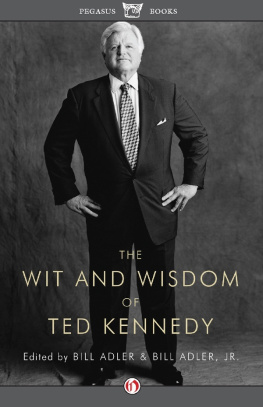
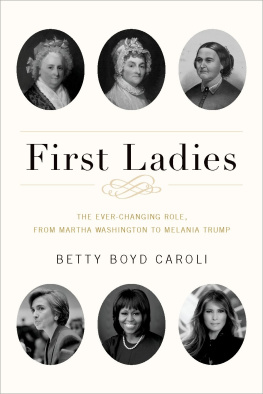
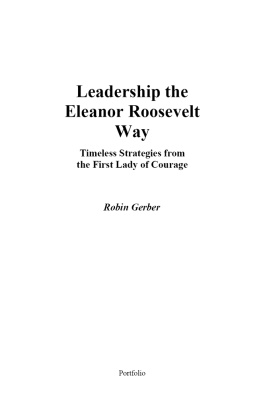
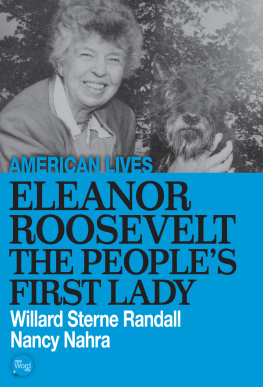
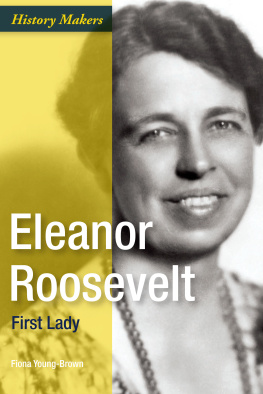
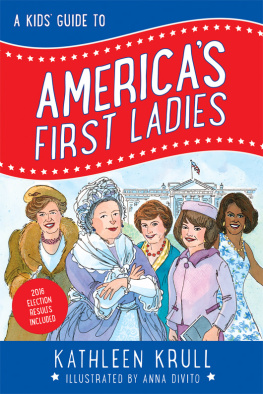
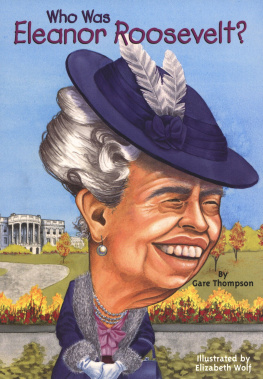
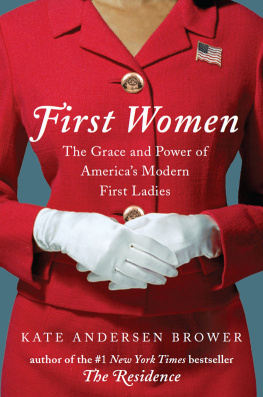
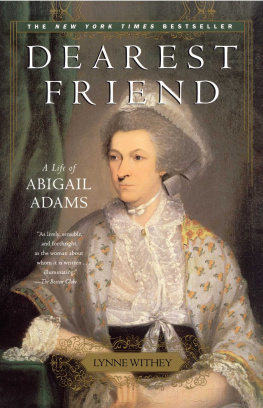

 The paper used in this publication meets the minimum requirements of American National Standard for Information SciencesPermanence of Paper for Printed Library Materials, ANSI/NISO Z39.48-1992.
The paper used in this publication meets the minimum requirements of American National Standard for Information SciencesPermanence of Paper for Printed Library Materials, ANSI/NISO Z39.48-1992.
